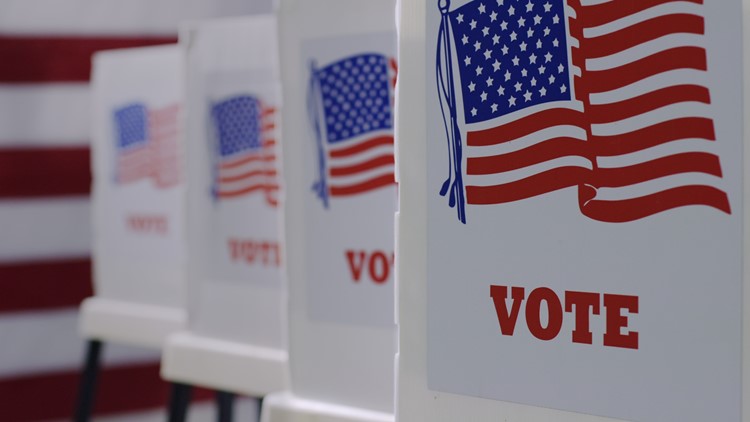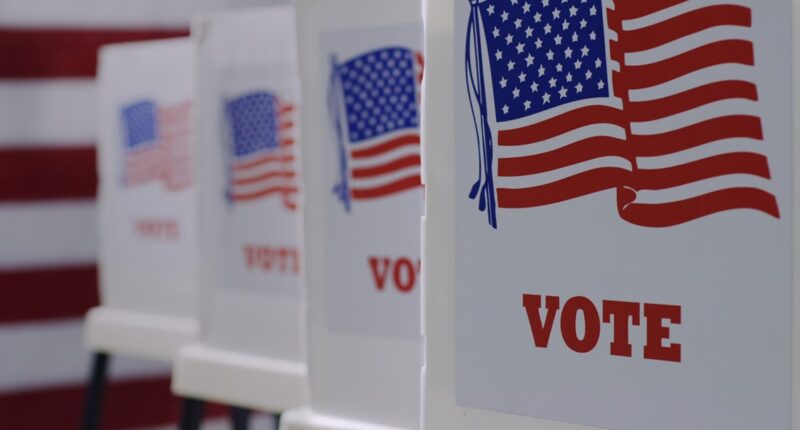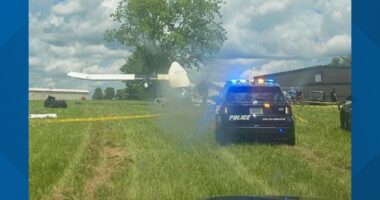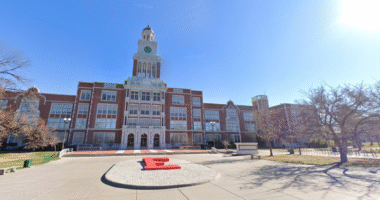
Issue 2 focuses on bonds but restricts their use to funding public infrastructure such as roads and bridges, permitting an increased issuance of such bonds.
In Ohio, residents can now exercise their voting rights on public infrastructure matters featured in Issue 2, which may not be as attention-grabbing as selecting a presidential candidate.
This constitutional amendment, legally speaking, does not pertain to financing a new stadium for the Cleveland Browns, despite the mix-up causing confusion among many individuals. Issue 2 and the unrelated Browns stadium project in Brook Park both involve bonds but serve different purposes.
Ohio state Senator Kent Smith told me: “Issue 2 is for infrastructure like roads and bridges and has bipartisan support. It cannot and will not be used for Browns stadium or other professional sports facilities.” He also says it won’t result in your taxes going up.
Here’s what issue 2 will do: It would renew the State Capital Improvement Program, and continue to allow the state to use bonds to pay for projects related to roads, bridges, water systems, and waste disposal over the next 10 years.
Bonds are issued by the state, and bought by investors with the promise that those investors will earn interest when they eventually cash those bonds out. In the meantime, the money those investors pay for those bonds can be used to pay for the kinds of public projects I just described.
The authority for the state to do this already exists under Ohio’s constitution, and has since 1987. To date, the program has funded almost 19,000 projects, according to the Ohio Public Works Commission, but it has to be renewed every 10 years with voter approval.
This time, lawmakers are proposing an increase in the annual bond amount authorized from $200 million to $250 million.
As the only statewide issue on the ballot this time around, every Ohio voter will get a chance to weigh in on whether they want this program to continue with the increase. If Issue 2 passes, the increase will go into effect starting with fiscal year 2027 through fiscal year 2036. If it fails, the program will end after the next round of projects is awarded later this year.
Stephanie Haney is licensed to practice law in both Ohio and California.
The information in this article and video is provided for general informational purposes only. None of the information in this article and video is offered, nor should it be construed, as legal advice on any matter.

















